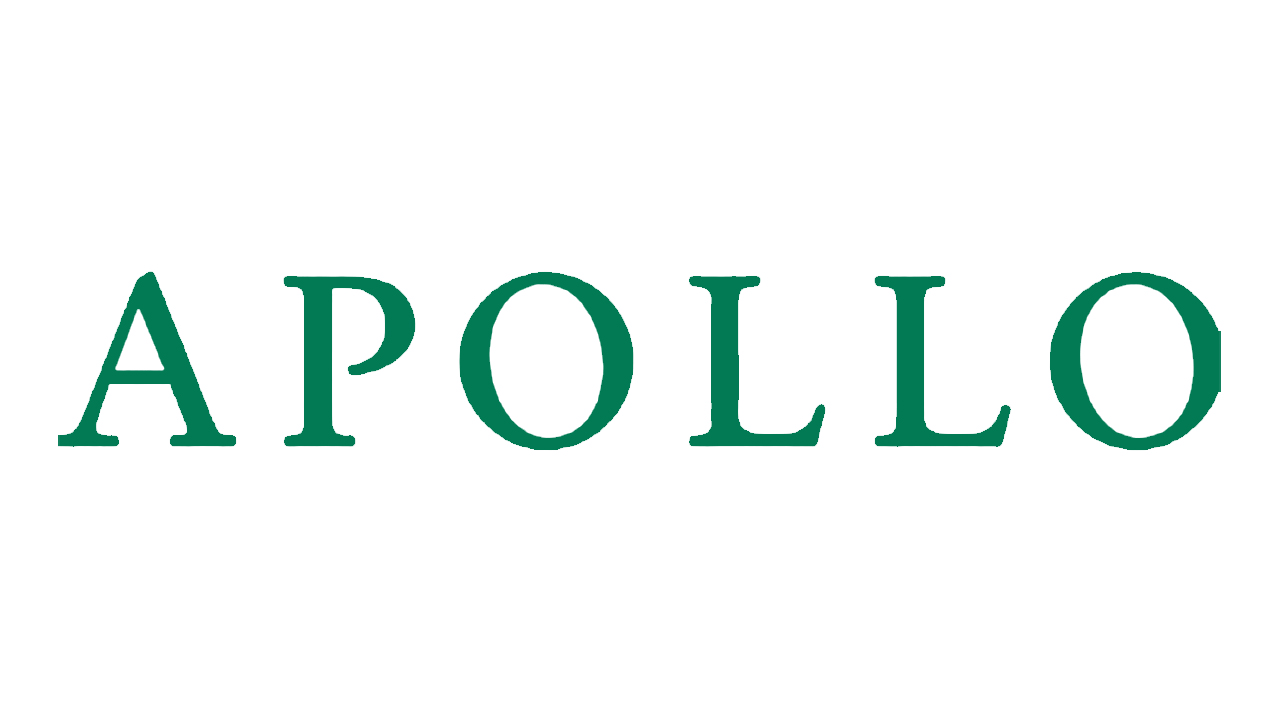Developed by physicians and neuroscientists at the University of Pittsburgh, Apollo’s gentle waves of vibration signal safety to the body through your sense of touch and rapidly improve heart rate variability (HRV), a key metric of health and recovery. These safety signals help engage the parasympathetic nervous system, resulting in improved heart rate variability (HRV), sleep, focus, calm, energy, and more. Apollo works fast, in the moment that you need it, offering you control over your stress, so you can tackle whatever comes next.
“Chronic daily stress can have a profound, disruptive effect on our bodies and result in harmful symptoms including insomnia, anxiety disorders, chronic pain, cognitive dysfunction, and cardiovascular disease,” said Dr David Rabin, co-inventor of the Apollo technology and chief innovation officer and co-founder at Apollo Neuroscience. “Apollo is the only technology that actually improves HRV and accelerates your body’s recovery from stress so you can feel energized, focused, and sleep better.”
Apollo works in tandem with an intuitive app for iOS and Android. Users can choose from a variety of Apollo programs to target and achieve goals in specific areas including:
Energy – Gives you a boost of energy when you’re feeling tired and sluggish. Focus – Filters out distraction and settles your nerves for clear, calm focus. Mindfulness – prepares you for meditation by facilitating connection between mind and body. Relaxation – Rapidly relieves stress for deep relaxation. Sleep – Quiets your mind and eases you into restful sleep. Social - Elevates mood and energy for social situations, whether at work or play. Recover - Accelerates your body’s recovery after a workout.Apollo has been evaluated clinically in university-led trials, has undergone successful pilots to prevent burnout in the workplace, and has had over 2000 early users, with consistent results across the board. Over 90 per cent of users reported enhanced productivity, focus and sleep when using Apollo.
“Many devices track your HRV and monitor your sleep, but do nothing to improve them. That’s where Apollo comes in,” said Kathryn Fantauzzi, chief executive officer and co-founder, Apollo Neuroscience. “We’re delivering the first wearable experience that actively improves your body’s resilience to stress, so you can have more energy, feel more relaxed, and get more sleep. Apollo's mission is to democratize neuroscience discoveries to empower people to take control of their health.”
Apollo is made in the USA and comes with a one-year warranty. It features a versatile design that can be worn on the wrist or ankle and is available in 2 colours: stealth and silver. Apollo is waterproof, Bluetooth-enabled, and offers a powerful battery with up to three days in between charges.
Apollo is now available for preorder for an all-inclusive price of $199 (a $360 value). Customers receive the Apollo wearable along with access to the free app with seven goal-based programs, new features and program upgrades, exclusive content, and advanced access to new accessories and exclusive discounts. Shipping of the Apollo wearable will commence in January 2020.

 Apollo Neuroscience today introduced the first wearable that actively helps your body beat stress, for better sleep, energy, and more.
Apollo Neuroscience today introduced the first wearable that actively helps your body beat stress, for better sleep, energy, and more.










.jpeg)








.png)
.png)

.png)
.png)
.png)

.png)
.png)
.png)

.png)
.png)